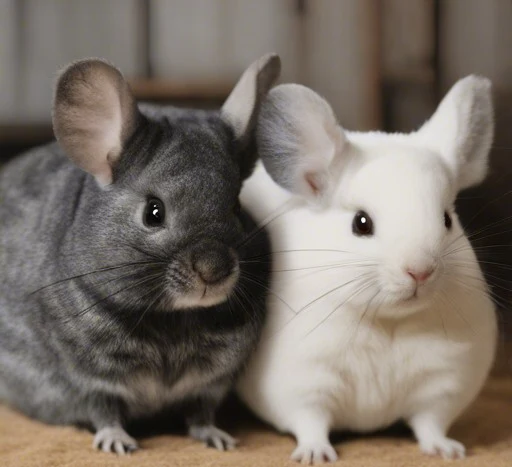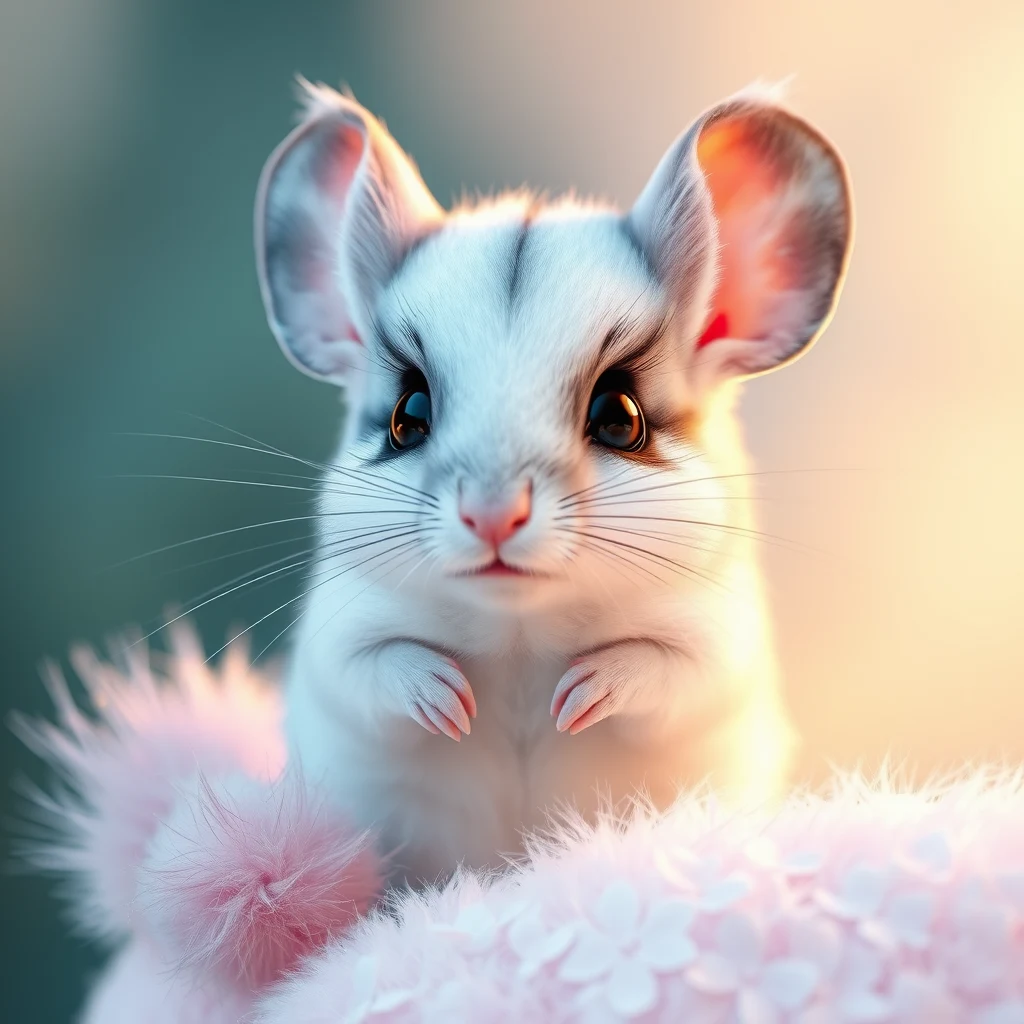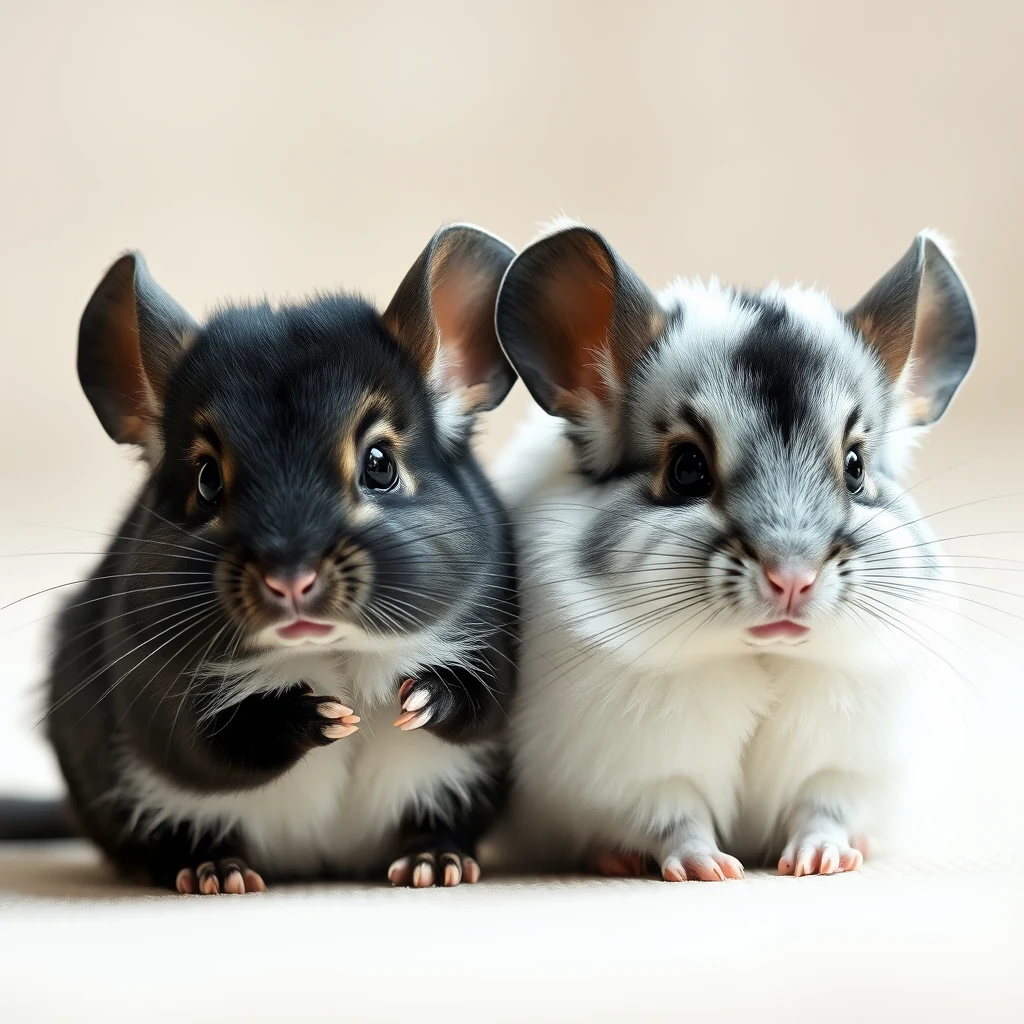- 5
- 32
https://pethelpful.com/pet-news/tuxedo-cats-purr-assic-park-halloween-costume
https://pethelpful.com/pet-news/dapper-tuxedo-fool-human-breakfast-table
Dapper Tuxedo Cat Tries His Best to Fool Humans Into Thinking He's One of Them
Mustache or not, many tuxedo cats are known for being sort of dapper. But you can't really tell a cat's personality based on coloring alone. In fact, tuxedos refer to the coat color, not the breed. It's the breed that explains a cat's personality and tuxedos are usually one three: American Shorthair, Main Coon, or Turkish Angora.
LEGO's Uncanny Cat Set Is Going Viral on Instagram: 'It's Identical!'
"We did NOT realise quite how similar it was going to be 😂"
https://paradepets.com/pet-news/halle-berry-adopts-two-stray-kittens
Catwoman' Halle Berry Rescues Two Tuxedo Kittens Found in Her Yard
Catwoman has been struck by the cat distribution system!
- 1
- 5
It's the spookiest day of the spookiest month! And also, it's apparently Bat Appreciation Week, so I likewise will need to share this important video 
(also if you're somewhat bothered that you can't just click to open the video on another page the video can't be imbeded, then sorry lol)
- 1
- 14
- 4
- 40
Babies got their second round of vaccinations today! I'm on baby guard for adverse effects out here 
- DickButtKiss : BIPOC cat
- 18
- 37
-
SantasVacuum
: Not wholesome chungus

- 11
- 20
- 10
- 47
- 6
- 20
She's such a super sweet baby momma! She gives awkward cuddles and still doesn't understand people are not for climbing 

 she's so perfect!
she's so perfect!
- 12
- 41
I hope everyone has a blessed day! I'm going to be trapped in a vets office all afternoon so no plans for me. Hopefully ya'll have more interesting stuff going on today!
- 52
- 68
Invasive mice are devouring albatrosses alive on a remote island in the Indian Ocean, so conservationists have come up with an explosive solution — "bombing" the mice.
Mice have been wreaking havoc on Marion Island, between South Africa and Antarctica, for decades. Humans accidentally introduced the mice in the 19th century, and the rodents have since developed a taste for wandering albatrosses (Diomedea exulans) and other threatened seabirds.
Eight adult wandering albatrosses (Diomedea exulans) were found dead on Marion Island during a June expedition.
The Mouse-Free Marion Project, a collaboration between the South African government and BirdLife South Africa, is trying to raise $29 million to drop 660 tons (600 metric tons) of rodenticide-laced pellets onto the island in winter 2027, AFP news agency reported on Saturday (Aug. 24).
The project plans to send a squad of helicopters to drop the pellets. By striking in winter when the mice are most hungry, the conservationists hope to eradicate the entire mouse population of up to 1 million individuals.
"We have to get rid of every last mouse," Mark Anderson, CEO of BirdLife South Africa, told AFP news agency. "If there was a male and female remaining, they could breed and eventually get back to where we are now."
House mice (Mus musculus) first arrived on Marion Island via sealing ships. They began their reign of terror by decimating the island's invertebrates and feasting on seabird eggs. By 2003, the mice were eating seabird chicks alive, and now, a decade later, the mice have figured out they can take on adults, too.
Researchers discovered the carcasses of eight adult wandering albatrosses in April 2023. The birds had deep wounds indicative of mice attacks on their elbows and likely died of secondary infection or starvation. Since then, further reports of adult seabird fatalities show that mouse attacks are escalating.
"Mice just climb onto them and just slowly eat them until they succumb," Anderson said. "We are losing hundreds of thousands of seabirds every year through the mice."
Albatrosses are defenseless against mice because they didn't evolve alongside terrestrial predators. They spend most of their lives at sea, and nesting sites like Marion Island are so isolated that mice and other non-marine mammals couldn't reach them until humans came along. Because the birds evolved to live in an environment where they didn't encounter any terrestrial predators, they don't possess any mechanisms by which they might defend themselves.
A previous attempt to control Marion Island's invasive mice population with cats had dire consequences. Researchers took five cats to the island's meteorological station in 1948, but the offspring of these cats went feral and hunted seabirds as well as mice.
The feral cats bred and spread across the island until they were killing an estimated 455,000 birds a year in the 1970s. Researchers successfully eradicated the cats in 1991.
The rodenticide at the heart of the new eradication strategy, in contrast, should only kill mice because it doesn't affect Marion Island's native invertebrates and the seabirds usually feed at sea.
Protect the birds! 


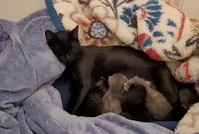



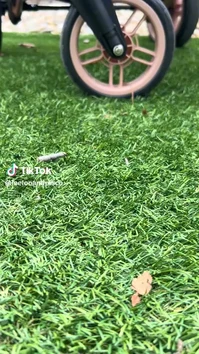








 MERRY CHRISTMAS
MERRY CHRISTMAS 








 death to zionazi scum AND MERRY CHRISTMAS TO ALL
death to zionazi scum AND MERRY CHRISTMAS TO ALL


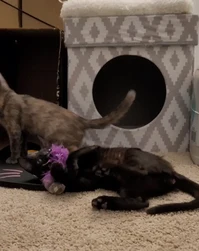












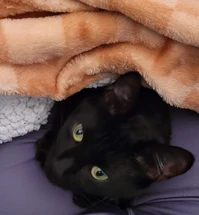

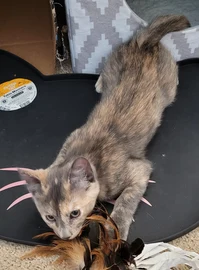

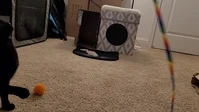


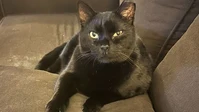















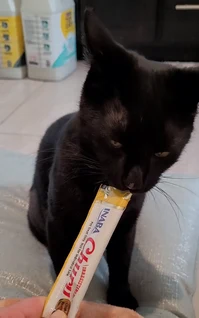




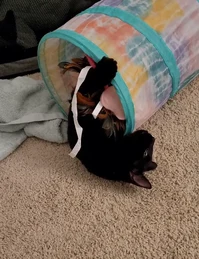
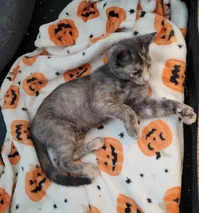
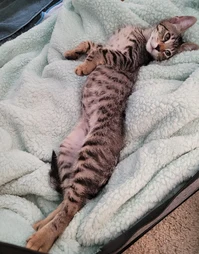


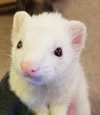

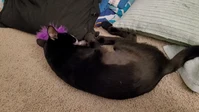

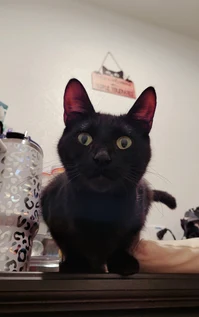

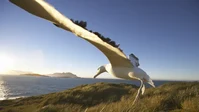


.webp?h=8)
 Mice on remote island that eat albatrosses alive
Mice on remote island that eat albatrosses alive  sentenced to death by 'bombing,' scientists decree
sentenced to death by 'bombing,' scientists decree 







